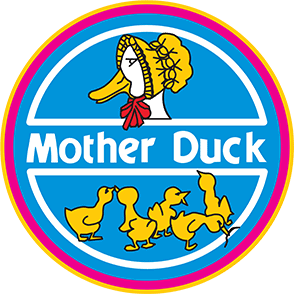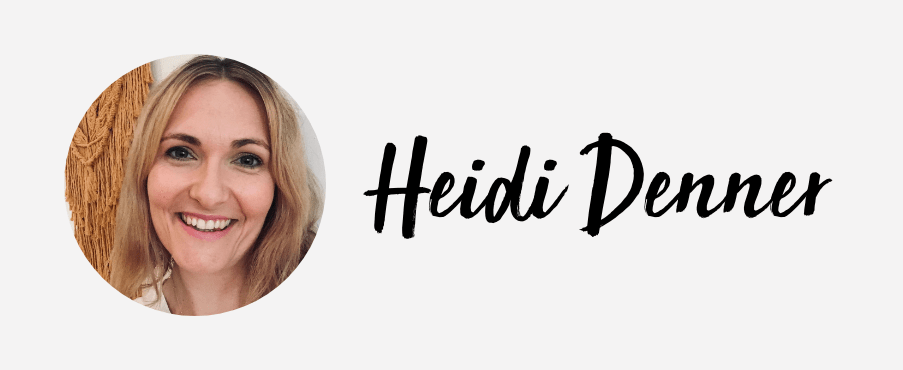
Why Our Child’s Development Begins With Our Growth As Parents
I’ll be the first to admit that my behaviour was not okay. It was not kind, respectful or fair – values that to our family are very important. In fact, the tears came after the anger because I instantly felt ashamed for my behaviour and for hurting someone I love very much.
The reason I share this story is because our children are not unlike each one of us. They lose it sometimes- they yell, they snap, they act ‘disrespectfully’, and especially when their capacity to cope emotionally has reached its limit. They too, feel personal shame when they know they have hurt those they love. Our similar human imperfections aside, however, there is something about our child’s capacity to regulate their emotions that differs from ours.

It’s all in how the human brain develops…
Brain science teaches us that the skills required to be well regulated, to think through and process feelings and the ability to know right from wrong are all found in the part of the human brain called the ‘pre-frontal cortex’. The key piece of brain science that is critical for us to understand, however, is that the pre-frontal cortex (or the “thinking brain”) is not fully developed until our mid-twenties (or so). So, whilst our human experiences of being imperfect are like our children’s human experiences, we need to acknowledge that their capacity (with underdeveloped thinking brains) is significantly less than ours.
What this means is, children will have much more difficulty regulating emotions, making ‘good choices’ and putting space between how they feel and what they do with that feeling. It’s developmental! Children will struggle with their behaviour and just like any other aspect of learning and development, the best way any of us learn to shift our behaviour is through experience and the right support.
So, let’s gets practical – what are some ways in which we can learn to dig deeper and be curious as to WHY a child might be struggling with their external behaviour? Here are some key concepts I try to keep in mind:
- The external behaviour we can see is usually driven by some sort of deeper need. (Like my snapping at my hubby, when I reflected, I hadn’t slept properly in weeks, the kids had been sick, and I was facing some big challenges at work- my need for rest was huge. When my hubby asked me a simple request, it wasn’t the request that caused me to lose it. It was that my bucket for “giving out to others” was literally empty. Children’s buckets get empty too!)
- When we are highly stressed or emotional, we are less able to access our “thinking brain”. In these moments, we need the help of another well-regulated person to loan us their thinking brain until we are feeling better and have the capacity to “make things right”. This is even more essential with young children.
- The feeling behind the behaviour is never bad or wrong. The way we (or our children) process or express that feeling might need to shift with support so that the behaviour isn’t harmful or unsafe. Once again, in the throes of big emotion, when the thinking brain isn’t easily accessible is not the time to reflect or process! We ride the wave of big emotions until the thinking brain is back online.
- Being curious as to WHY a child’s behaviour might not be “okay”, doesn’t mean we accept the behaviour. It means that we demonstrate the very values we as adults would appreciate when we are struggling so our children learn from us.

If we want children to learn and practice empathy, patience, respect, and compassion, we must first model it. So, when our child’s surface behaviour is not ‘okay’, we might say:
- “I can see you have some pretty big angry feelings right now. Would you like to have a cuddle until you feel better?” (Communicating empathy but also providing language to build your child’s emotional intelligence).
- “I’m wondering if you are needing your own space. I’ve noticed you’ve been raising your voice at your brother when he comes near you. Can I help you find something quiet to do so you can have the space you need?” (Modelling compassion and building your child’s awareness of how their behaviour might be indicating a deeper need and empowering them to take steps to regulate).
- “I can hear your strong words. I know that you have some big feelings right now that feel too big to handle. I’ll sit here with you until you are feeling better. I love you.” (Modelling patience, empathy, respect and compassion).

The refining of who they are starts with the refining of who we are…
The human brain is wired by experience, and lucky for us, our children give us plenty of opportunities in the “mess” of learning, to put into practice who we want them to be. This parenting gig is certainly refining and the catch is this – one of the best ways we can support our child’s development is to first work on OURSELVES. As we work on modelling WHO we want our children to be, our children’s brains have plenty of positive and helpful experiences to learn from.
So, in short, if we want to raise compassionate, kind, resilient, courageous, and respectful children, let the first place we begin this work on these values and character traits, be the one place we have the most “power”- within ourselves.
-Heidi Denner-
Heidi Denner is a wife, mum, and educator who is continually inspired by all she learns from the children she works with daily, (and in particular her own three children). As a mother to an autistic child, Heidi is an advocate for children’s needs, but also understands the significance of family mental health and wellbeing and how this is critical to a child’s overall development. As an avid reader and life-long learner regarding all things “neuroscience”, Heidi loves sharing current research regarding brain development so that families can understand how to best support their child’s needs and their own personal mental health and wellbeing.


